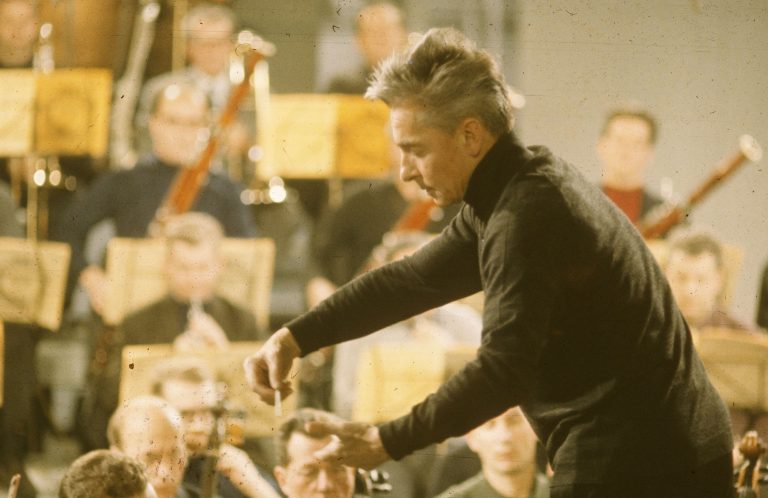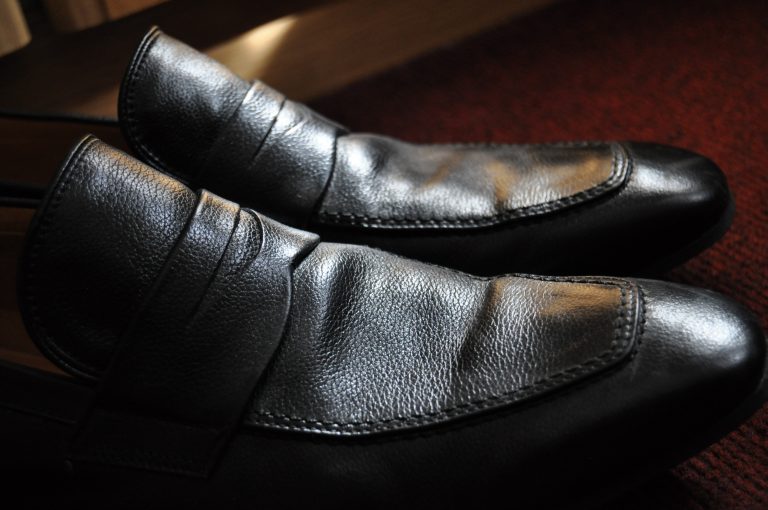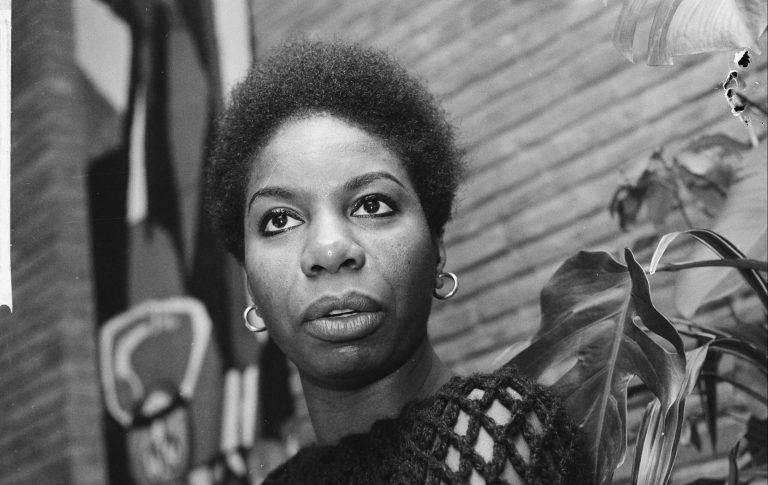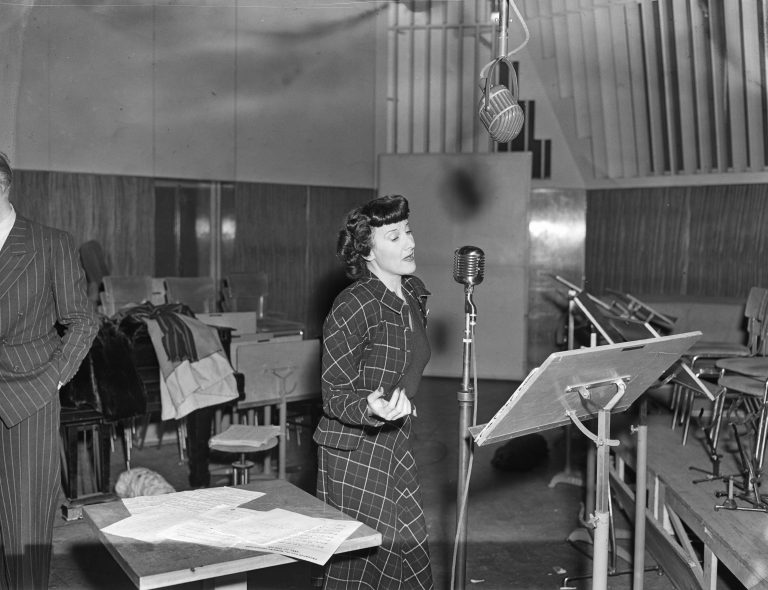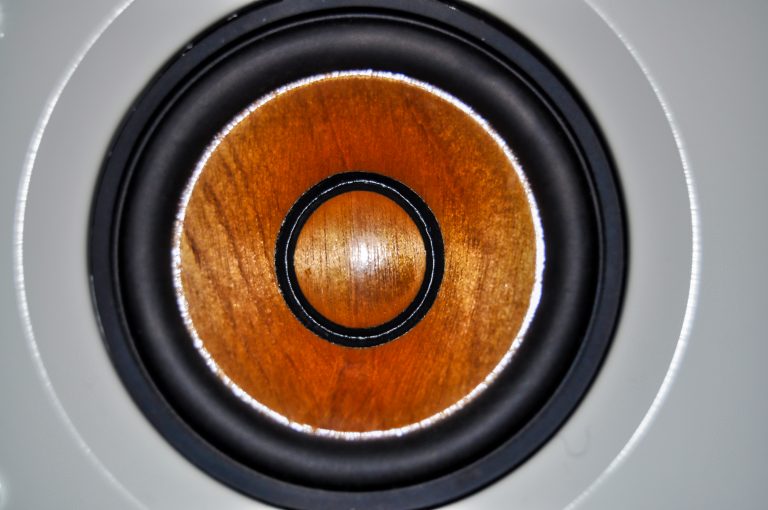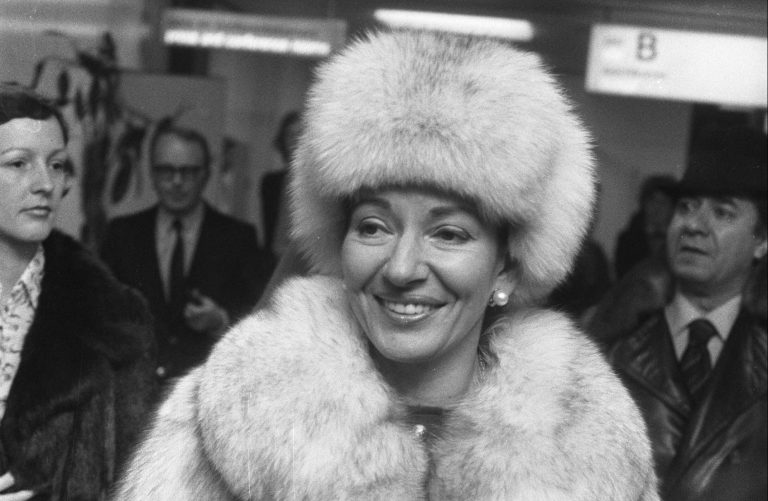“Leonard Bernstein, Sir Georg Solti, Herbert von Karajan and Seiji Ozawa sit together and discuss who of the four is the greatest conductor. Ozawa argues …
All In Your Name: The Bee Gees & Michael Jackson
Everything that happens in this world is in your name: This is the message that the song All In Your Name (Michael Jackson & Barry …
Nina Simone: The Voice of the Oppressed
Listening to Nina Simone’s interpretation of I Wish I Knew How It Would Feel To Be Free, one feels spellbound by her: Yet her expressive …
Greta Keller: The Viennese Diseuse
Greta Keller: She carried the Viennese chanson around the world. “Parisian chic. US glamour and Viennese charm – this triad is the secret behind the …
Michael Jackson: His intellectual legacy
Michael Jackson not only was a singer, dancer, composer, and actor: the King of Pop‘s intellectual legacy has received little to no attention.In his poetry …
Dmitri Hvorostovsky: A Russian soul
Dmitri Hvorostovsky (1962-2017) lived to sing. The Russian opera baritone always knew what he wanted and always had the firm will to achieve it. In …
Michael Jackson: Smile
This article is being published to commemorate the 132nd anniversary of Charlie Chaplin’s birth on April 16, 2021. Michael Jackson once said it was his …
ADELE: 19 — A teenager’s melodies
In the fall of 2006, singer Adele Adkins had just found her manager Jonathan Dickins, who became aware of her through the music platform MySpace. …
Maria Callas: The Chanting Puma (4.)
However much Callas had grown fond of Onassis, she did not allow other people to interfere in her professional affairs. Until mid-1965, Maria Callas continued to give opera performances, albeit much less in number – despite Onassis’ advice to make films. In late 1960, she even returned to La Scala in Milan in the opera Poliuto (Gaetano Donizetti), though she did not sing the lead role.
Maria Callas: The Chanting Puma (3.)
On October 29, 1956, Maria Callas made her debut at the Metropolitan Opera in New York in the role of Norma from Vincenzo Bellini’s opera of the same name. It was not foreseen that the aria “Casta Diva” from Norma would find in Maria Callas one of its most famous interpreters: “Norma” was still quite unknown to the audience of the Met and many spectators were only coming to see Callas live for the first time.

